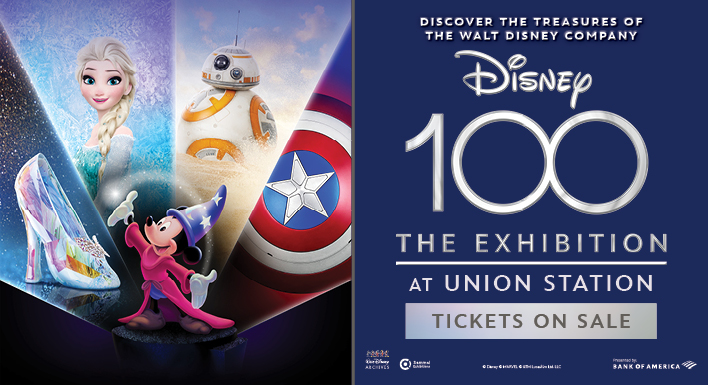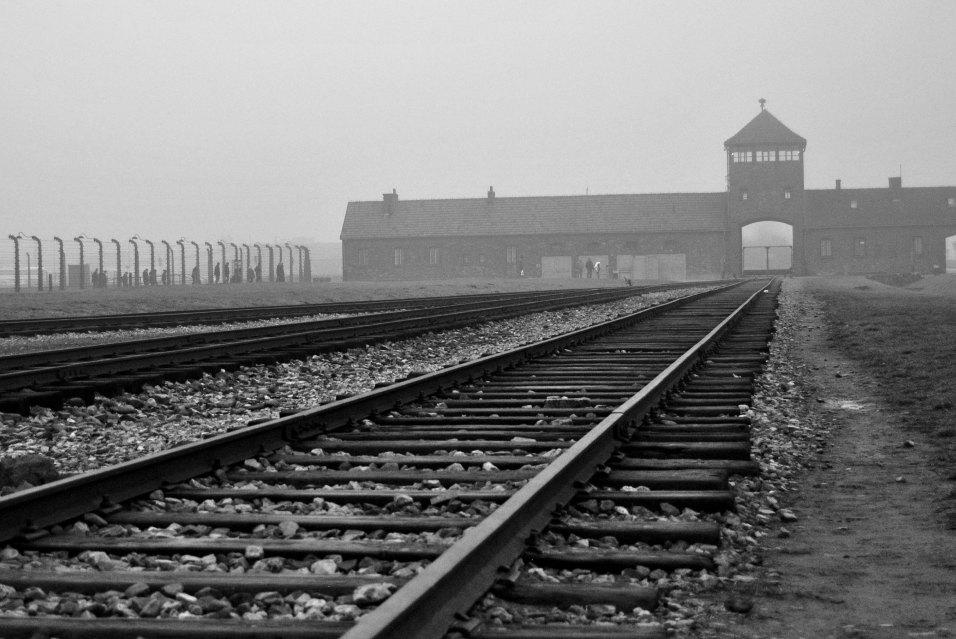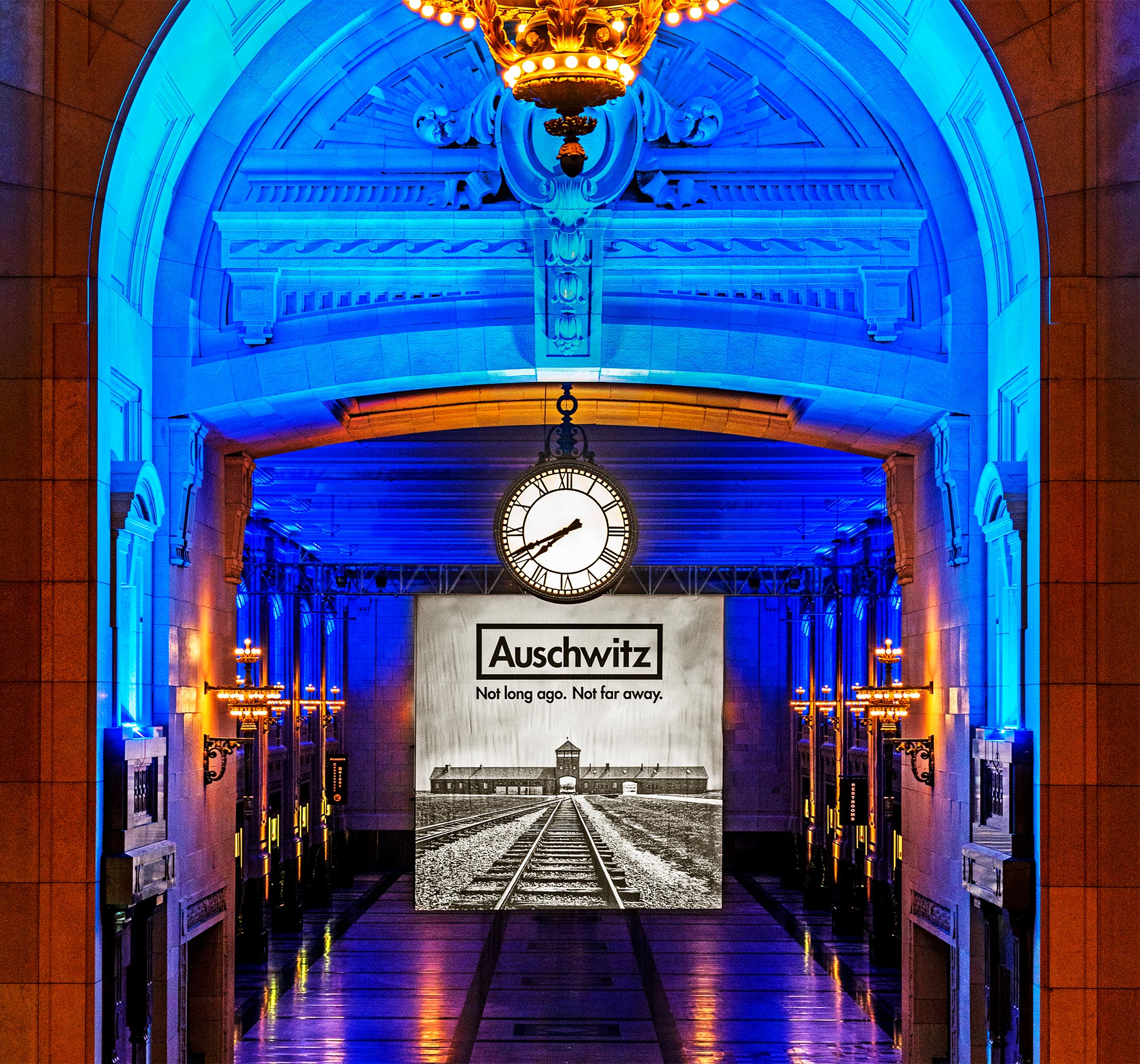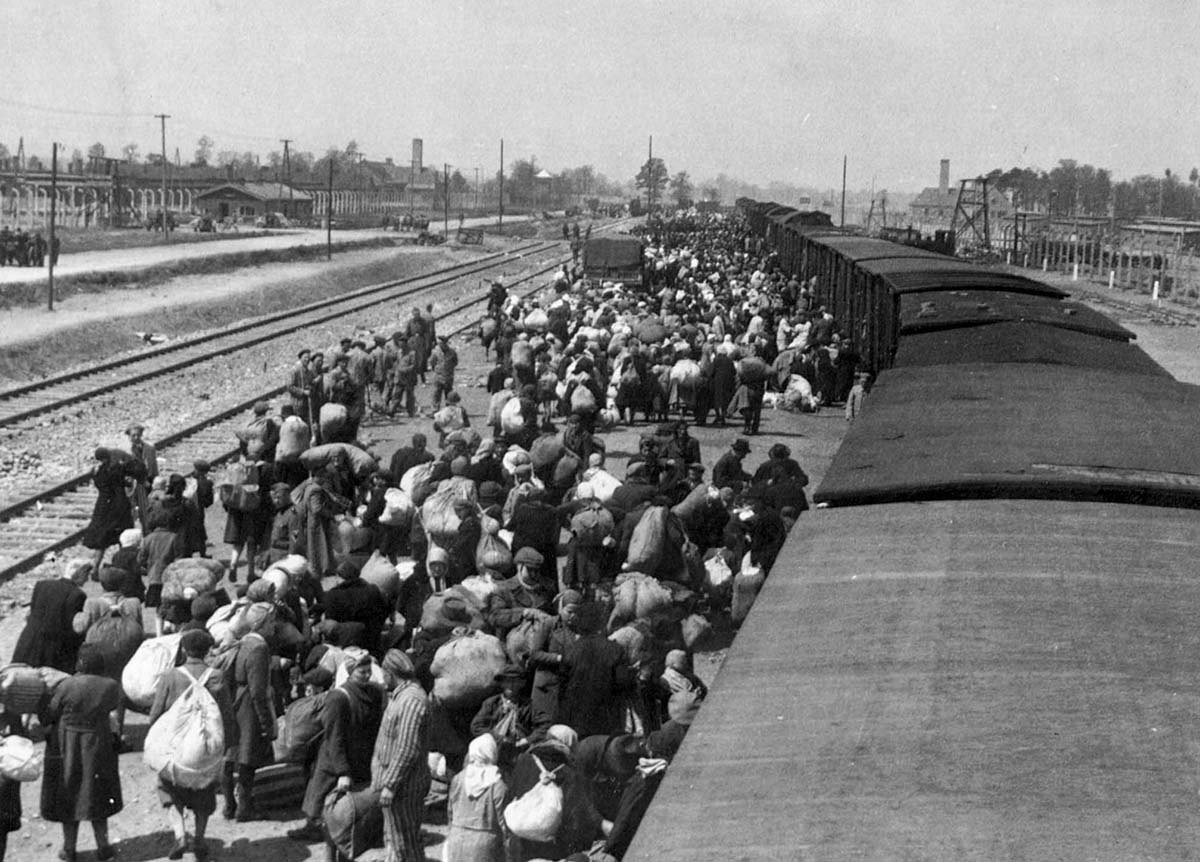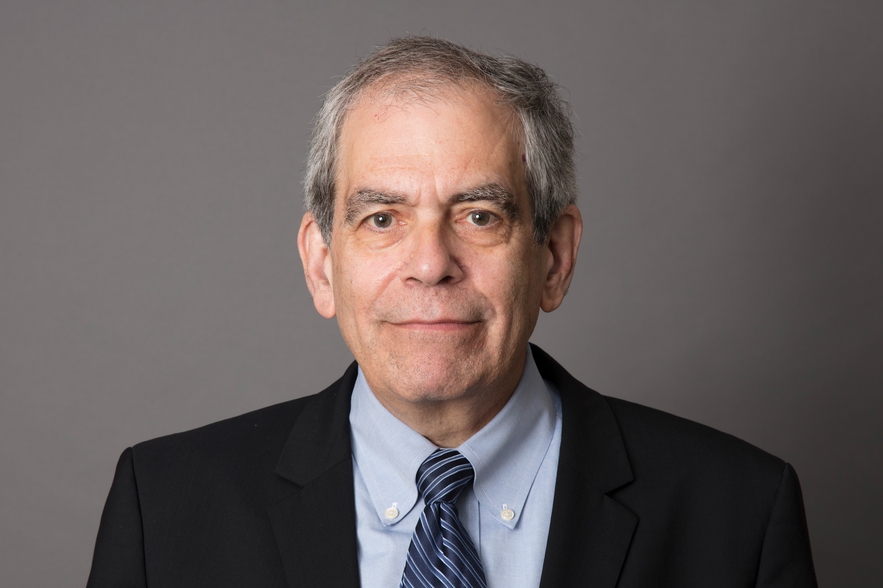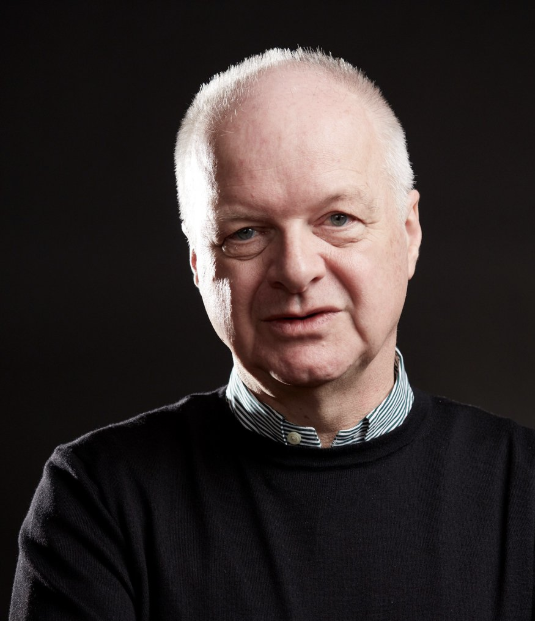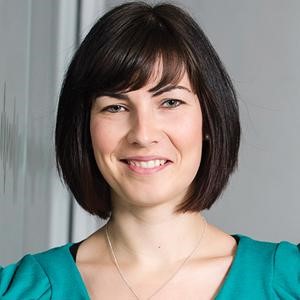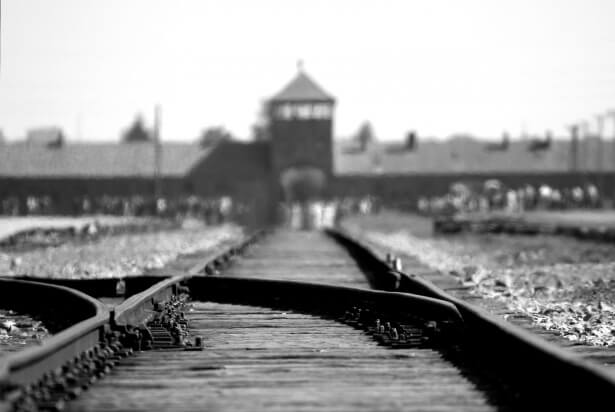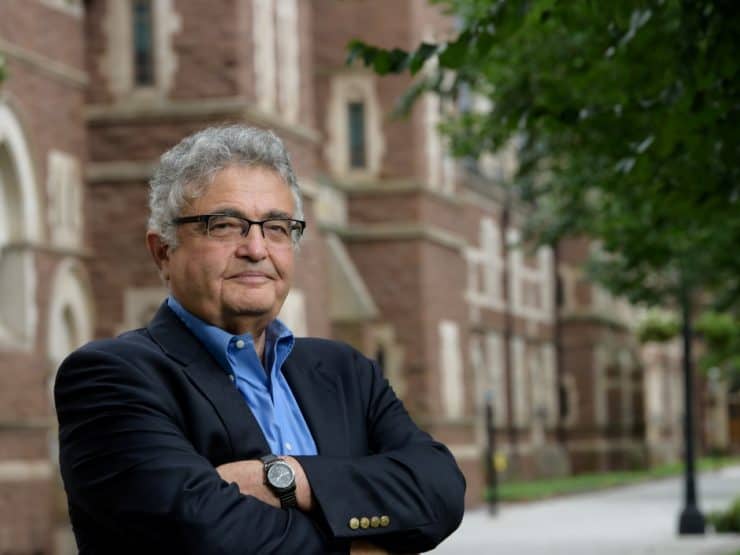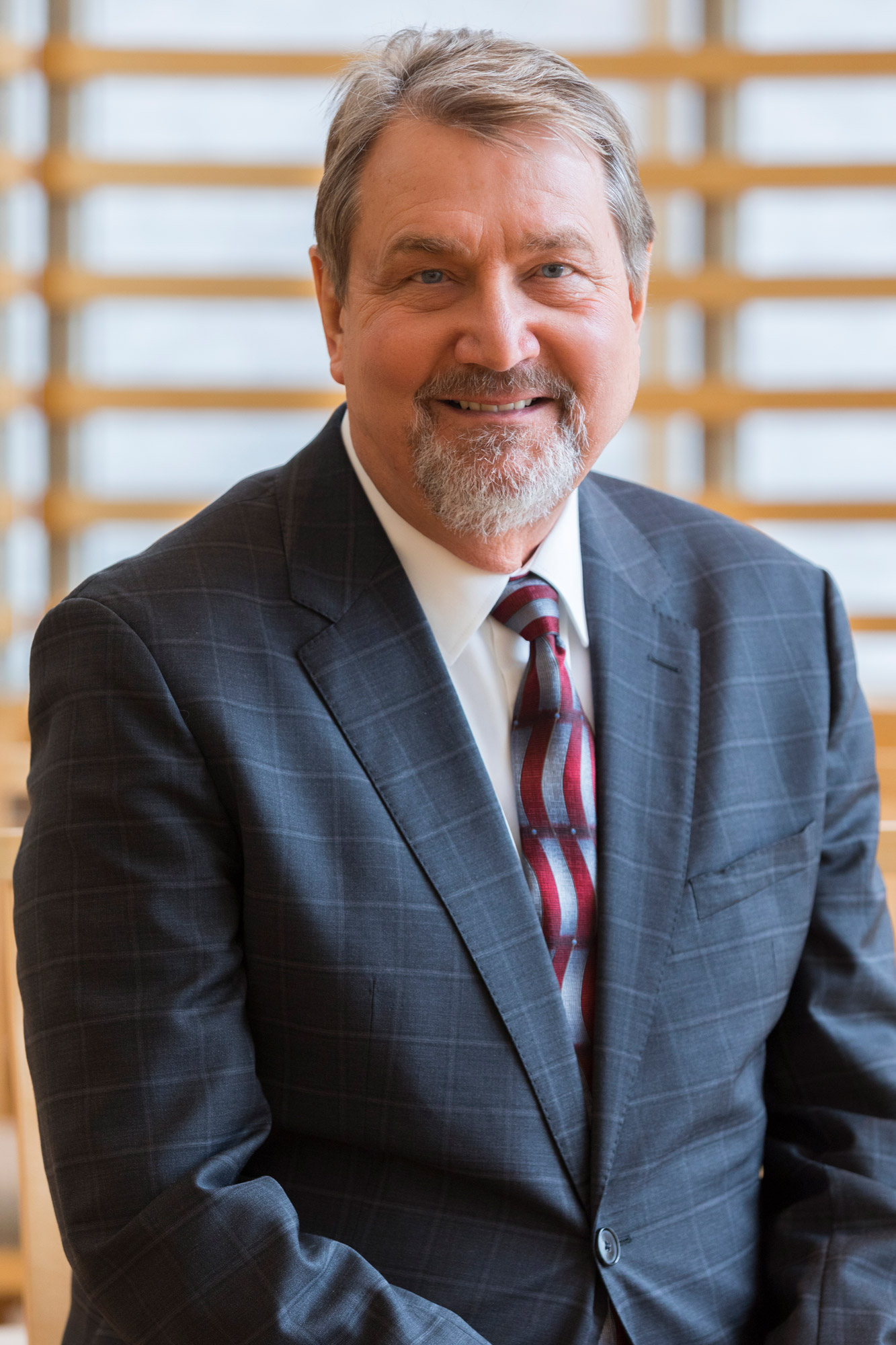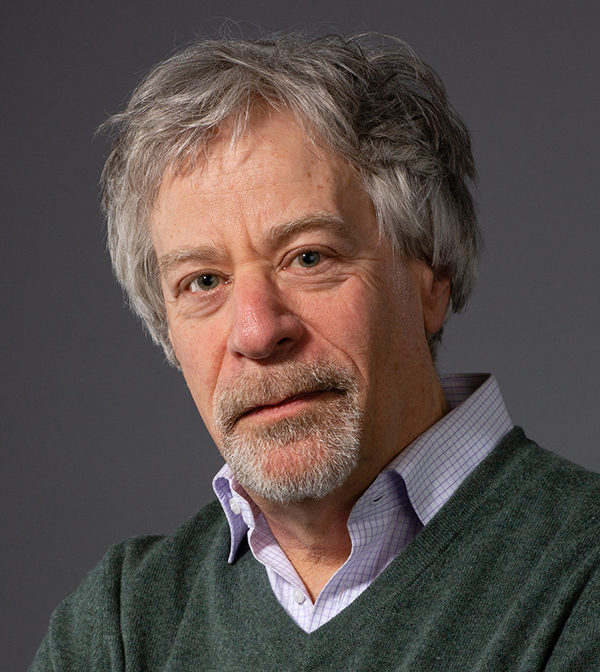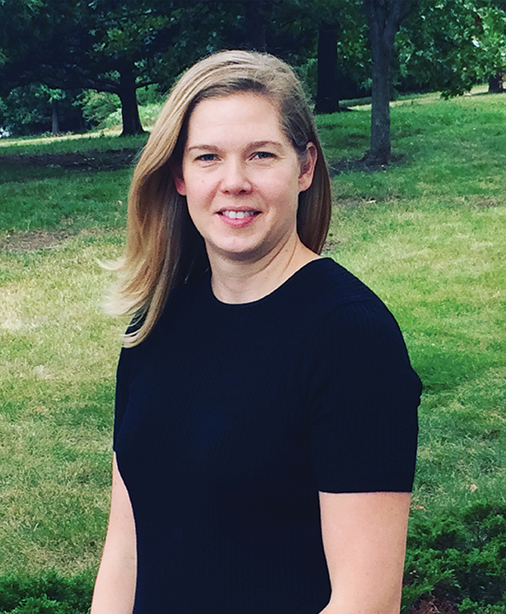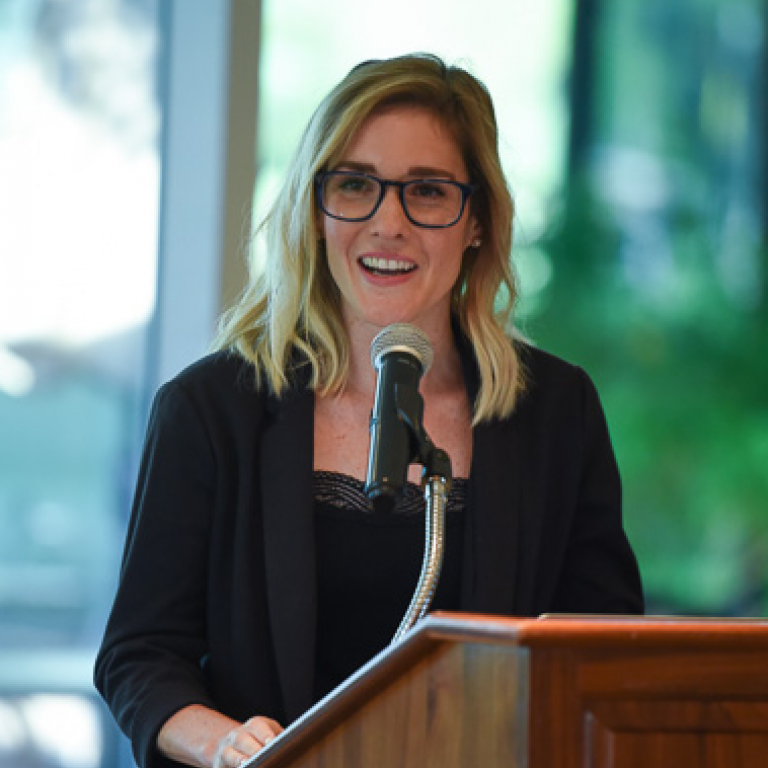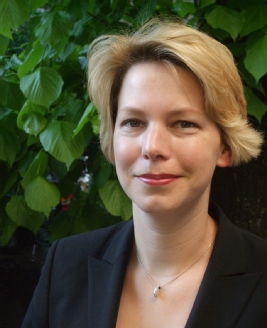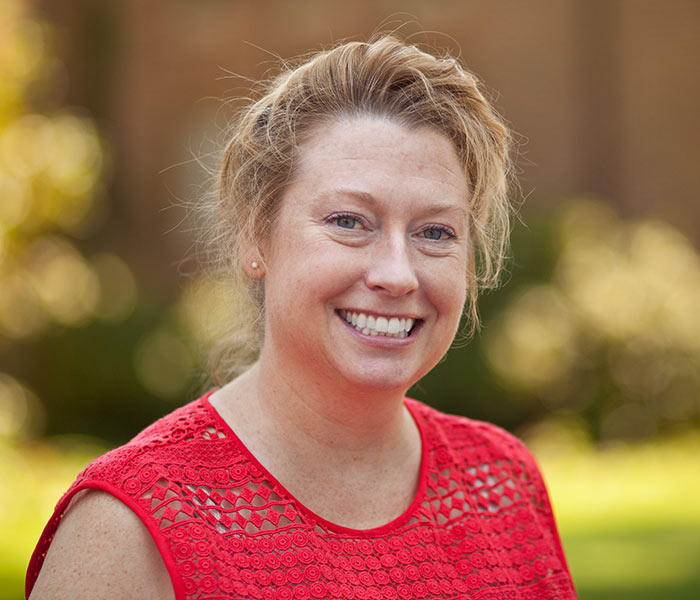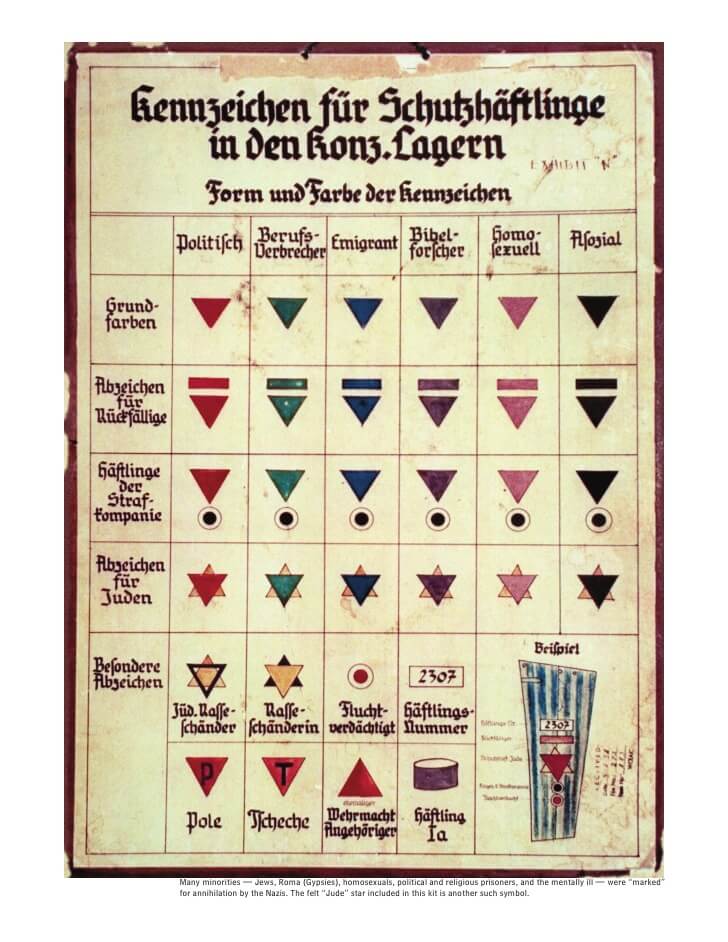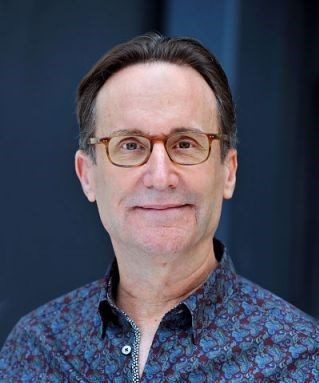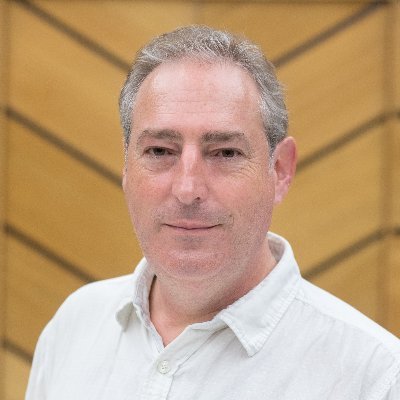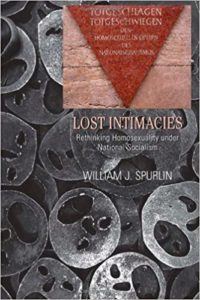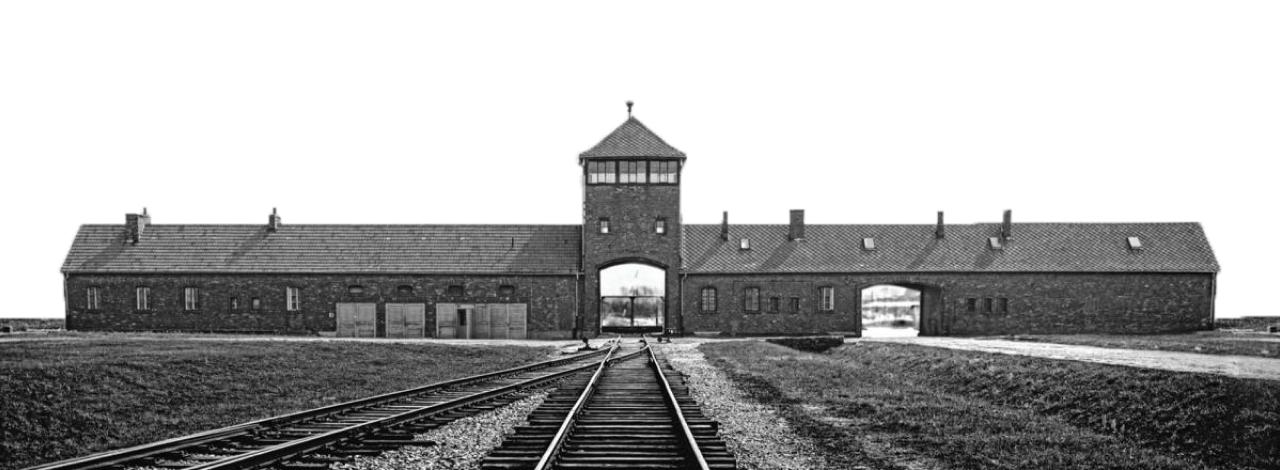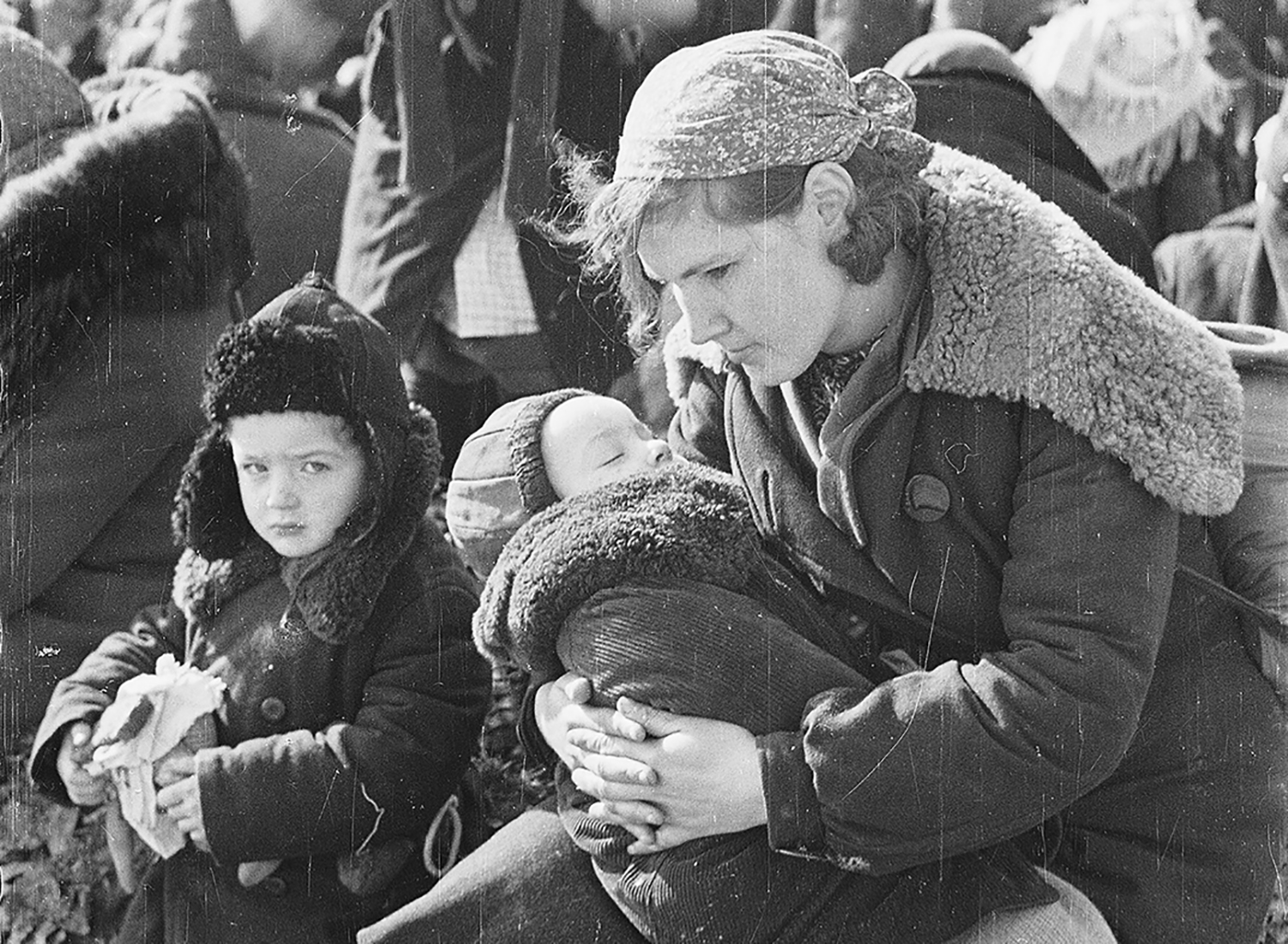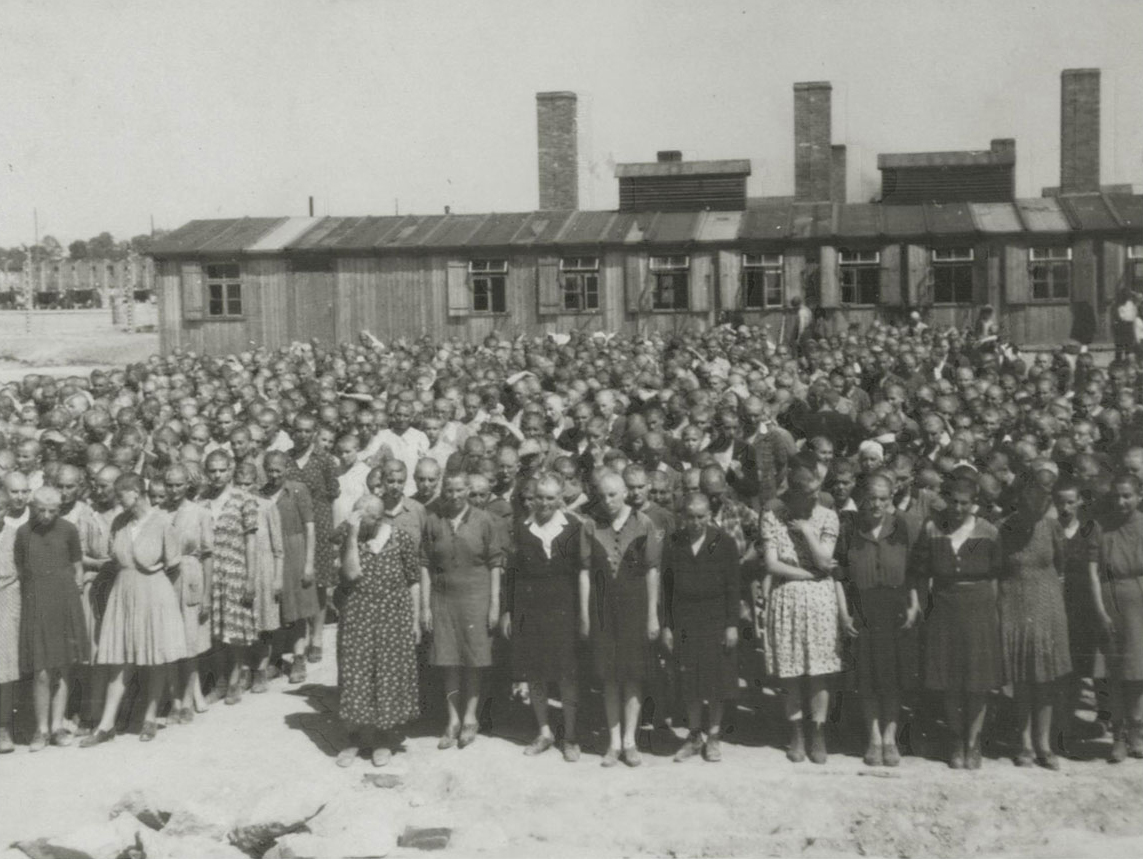David Marwell – Mengele: Unmasking the “Angel of Death”
SPECIAL THANKS TO:
- Bank of America
- Edward F. Swinney Trust, Bank of America, N.A., Trustee
- Marion & Henry Bloch Family Foundation
- Hall Family Foundation
- Ewing Marion Kauffman Foundation
- Kemper Family Foundations – UMB Bank, N.A., as Trustee
- Sosland Family
- Victor E. and Caroline E. Schutte Foundation Trust E, David Frantze & Bank of America, N.A., Trustees
- In Loving Memory of Ilsa Dahl Cole and Walter Joseph Cole by Ann & Kenneth Baum
- Claims Conference
- In Loving Memory of Fred & Maria Devinki by the
- Sam Devinki-Stahl-Fink Families
- Shirley and Barnett C. Helzberg, Jr.
- William T. Kemper Foundation – Commerce Bank Trustee
- Berkley Family / Tension Foundation
- Craig & Ida Kolkin and Family
- Oppenstein Brothers Foundation – Commerce Bank Trustee
- Steven and Karen Pack Family Fund
- Regnier Family Foundations
- Arvin Gottlieb Charitable Foundation – Peter W. Brown, Barton J. Cohen, UMB Bank, N.A., as Trustees
- City of Kansas City, MO Neighborhood Tourist Development Fund
- Michael & Cathy Schultz
- Copaken Family Foundation
- JE Dunn Construction
- Haverty Family Foundation
- Jackson County MO
- Muriel McBrien Kauffman Foundation
- Merriman Foundation
- Harry Portman Charitable Trust, UMB Bank, N.A., as Trustee
- Sherman Family Foundation
- Jewish Community Foundation of Greater Kansas City Legacy Fund
- Louis & Frances Swinken Foundation
- Herbert Buchbinder
- In Honor of Cole, Dahl, David and Green families by Steven and Beth Cole
- Blue Cross and Blue Shield of Kansas City
- Kansas City PBS
- Westin Kansas City Hotel at Crown Center
An International Exhibition of Unprecedented Importance. A Story to Shake the Conscience of the World.
This groundbreaking exhibition brings together more than 700 original objects and 400 photographs from over 20 institutions and museums around the world. Auschwitz. Not long ago. Not far away. is the most comprehensive exhibition dedicated to the history of Auschwitz and its role in the Holocaust ever presented in North America, and an unparalleled opportunity to confront the singular face of human evil—one that arose not long ago and not far away.
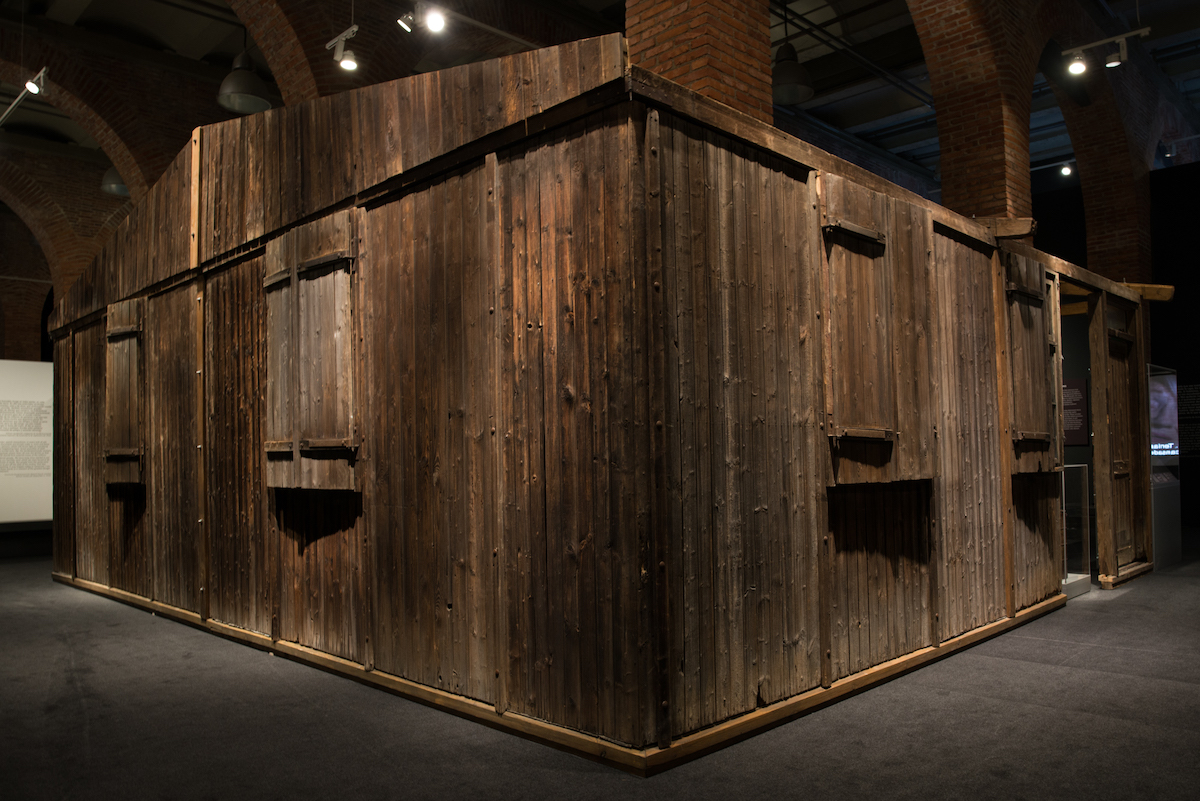
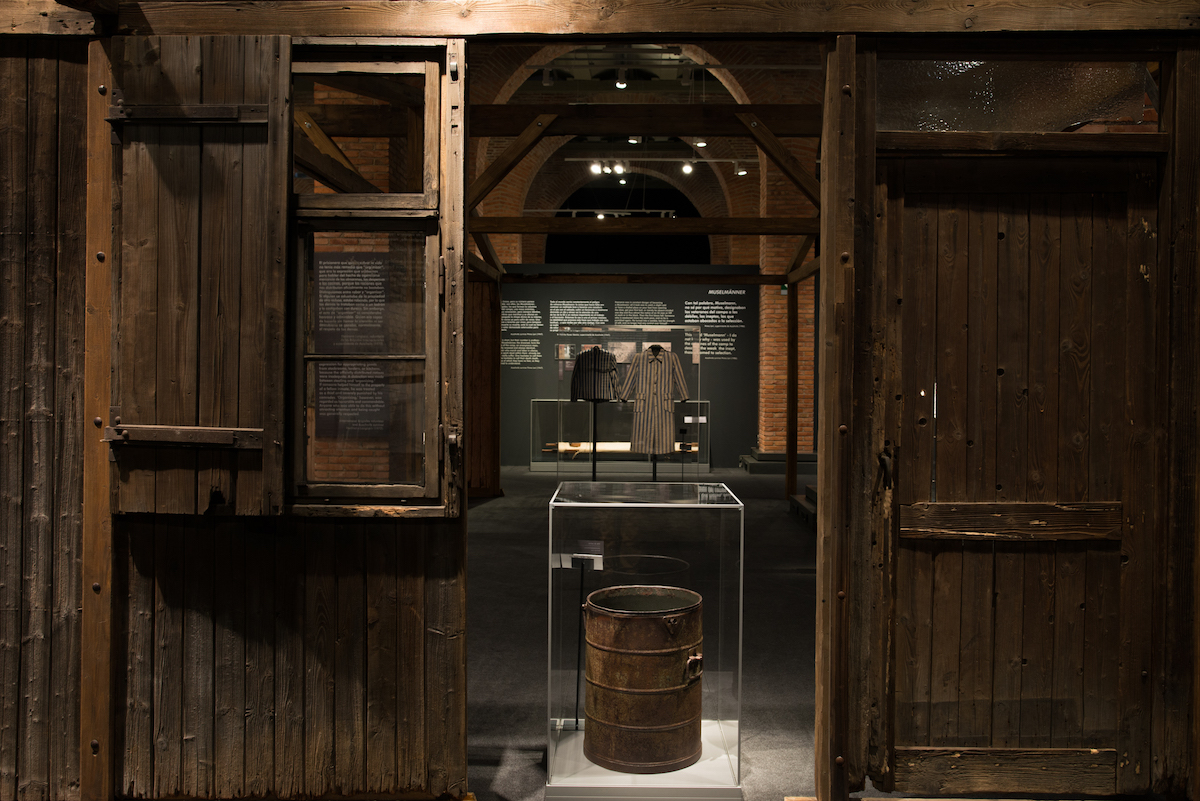
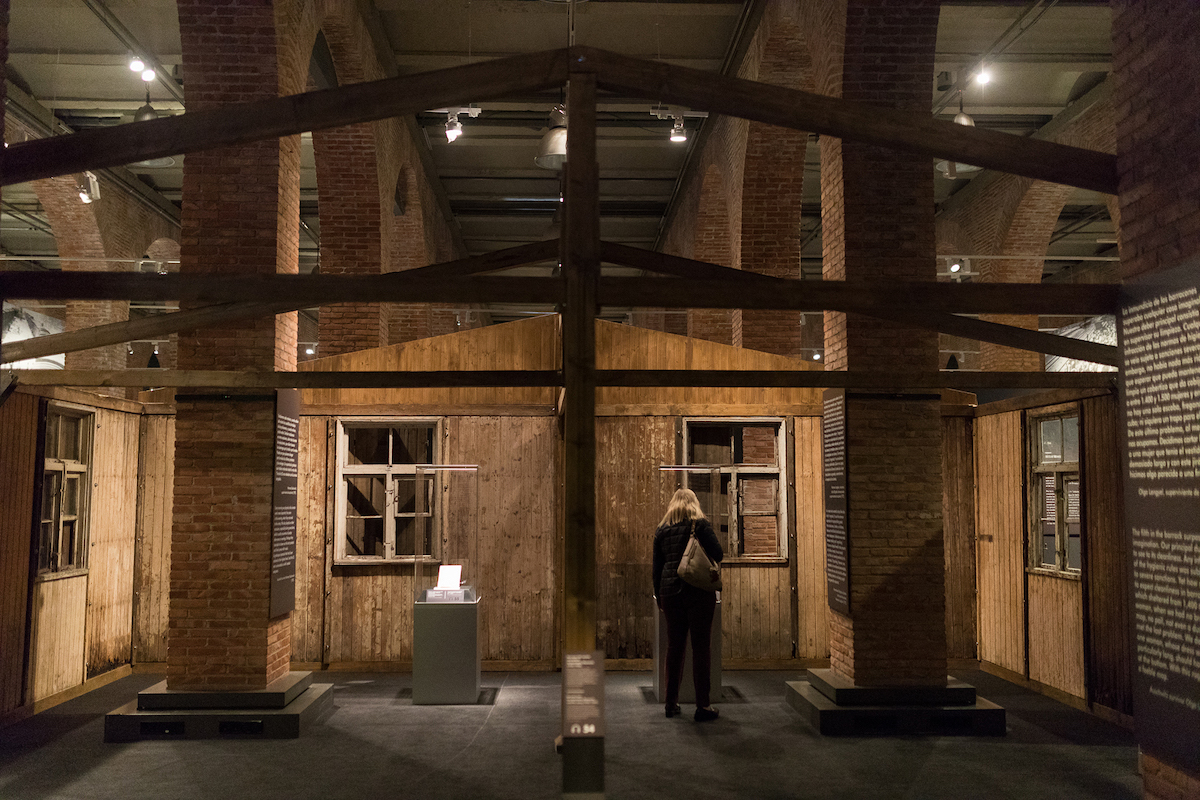
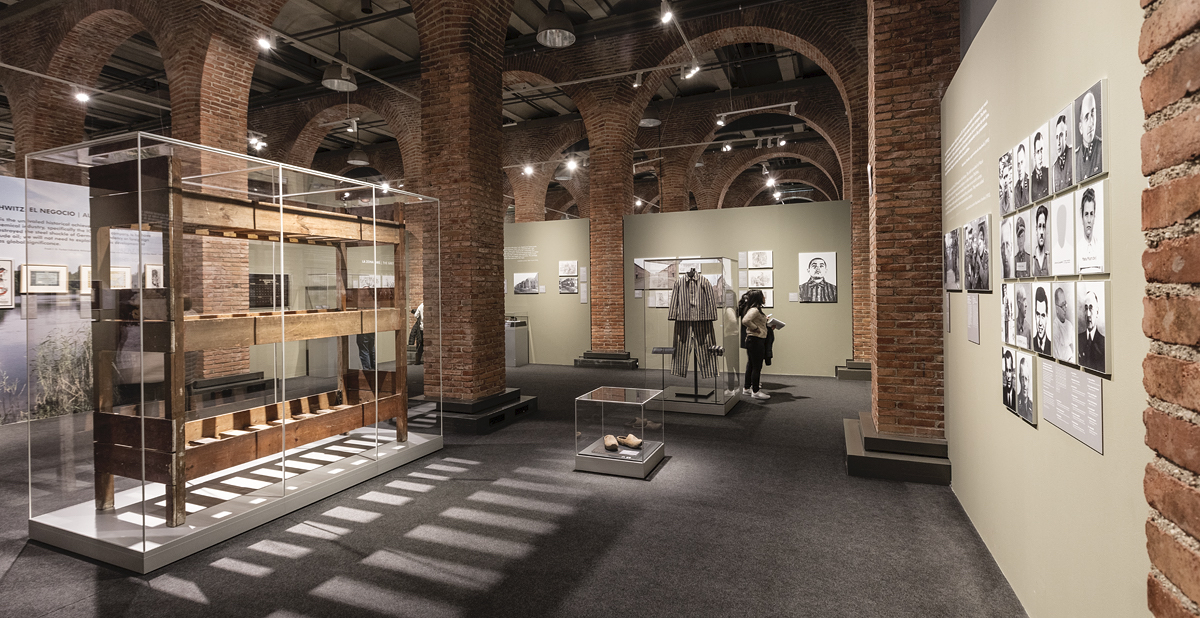
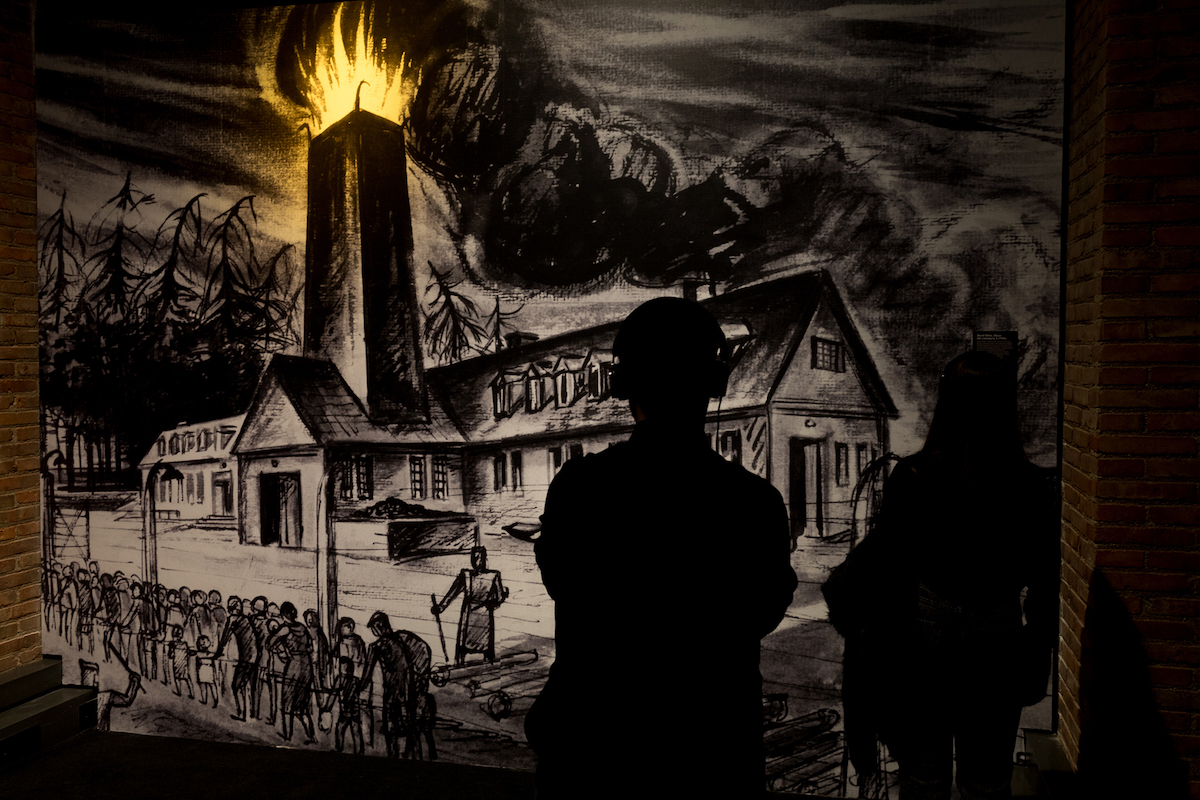
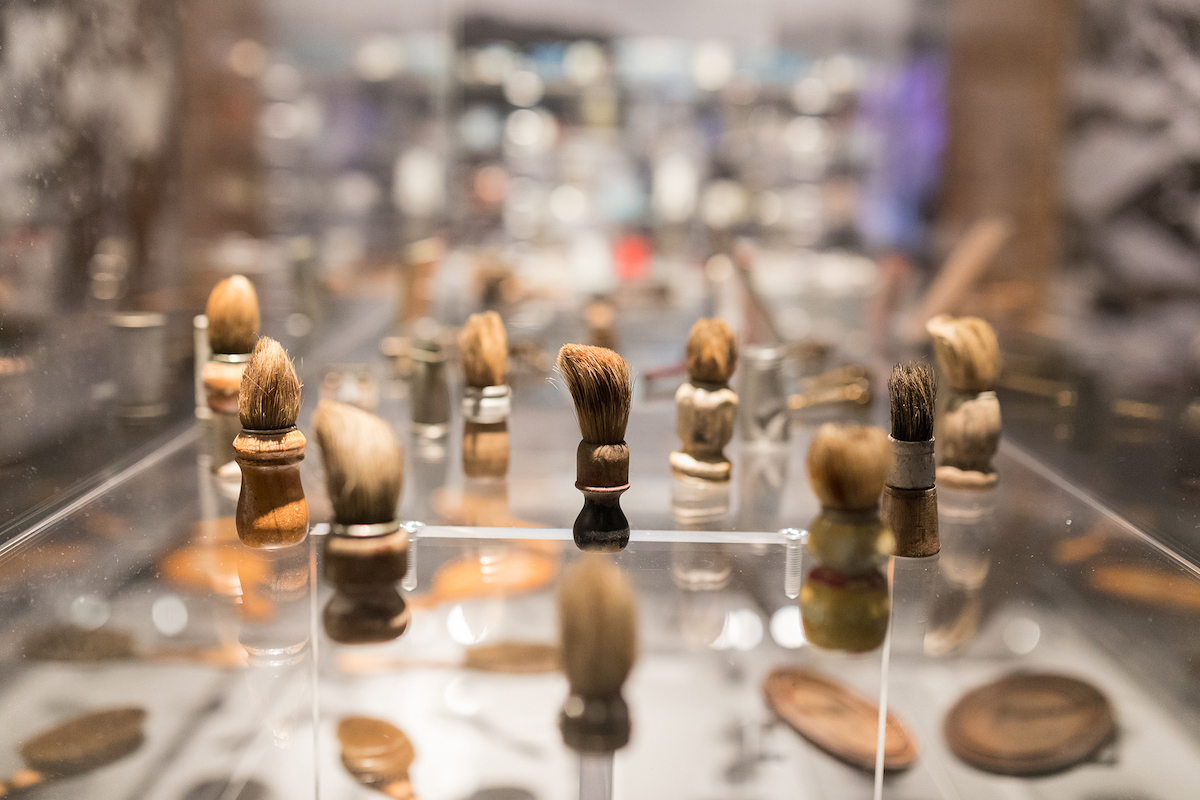
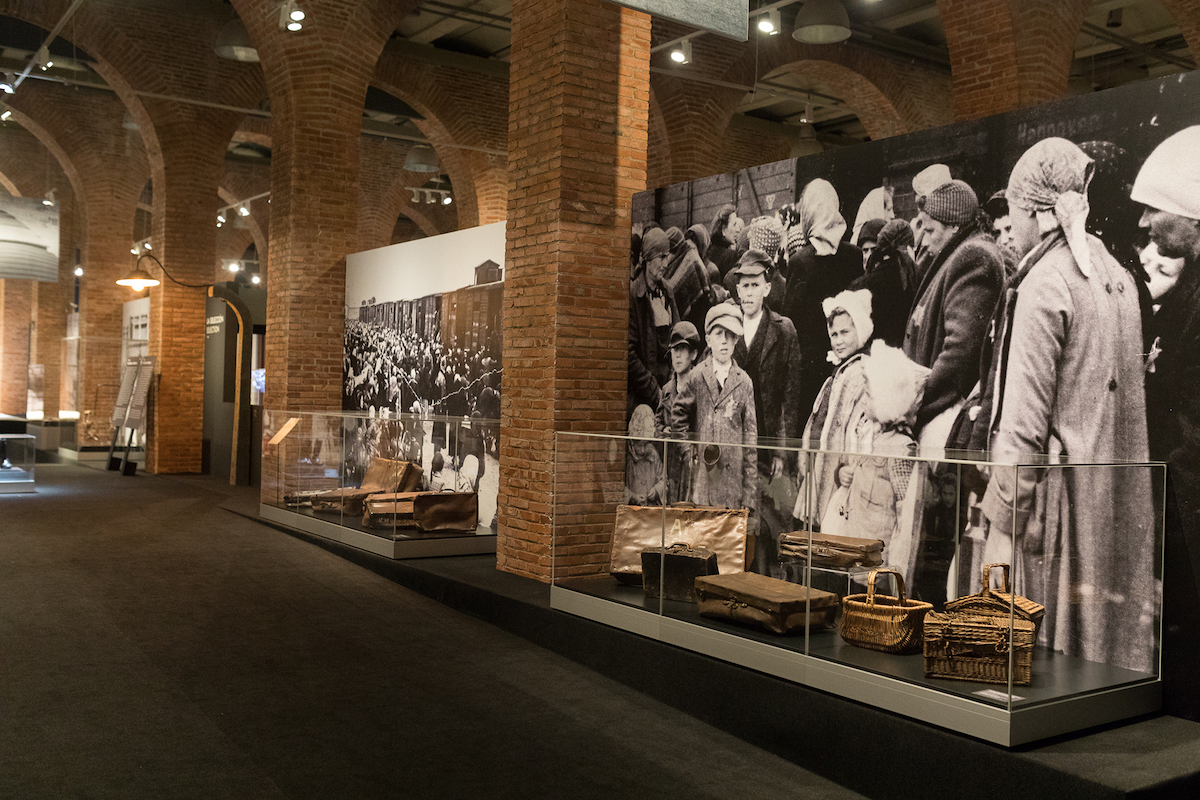
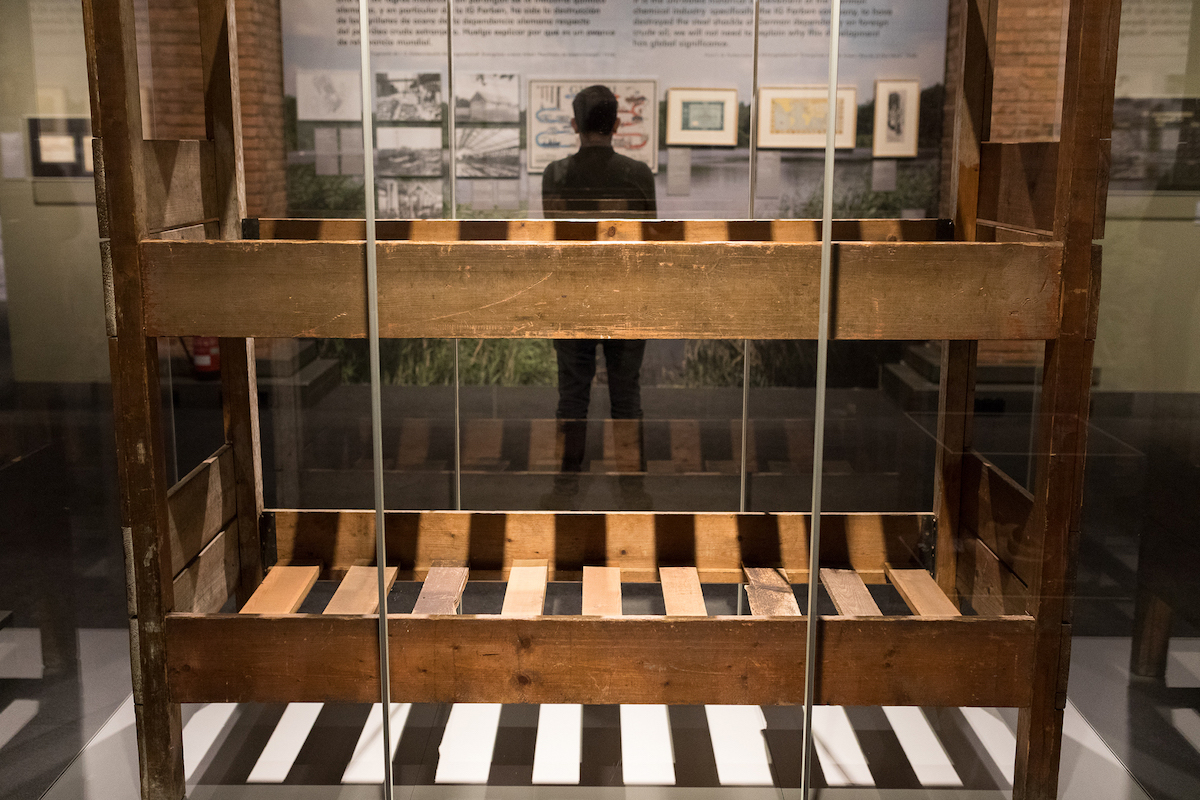
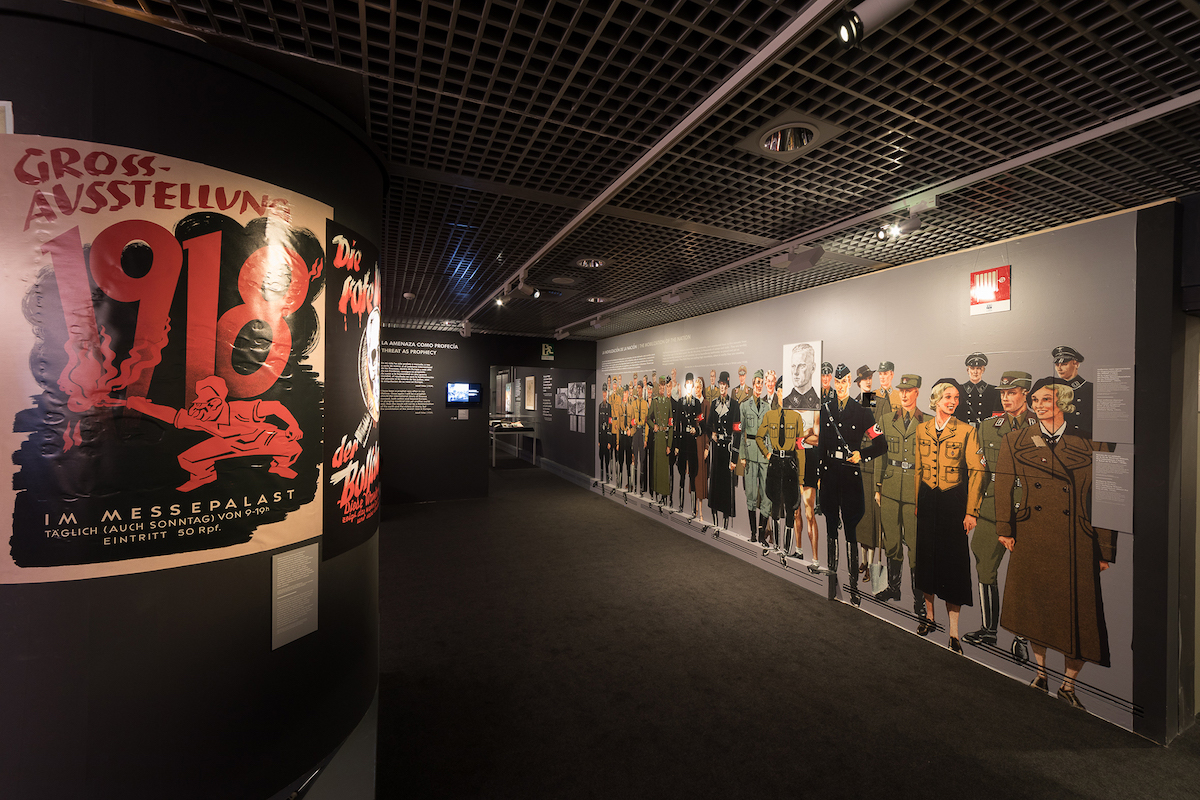
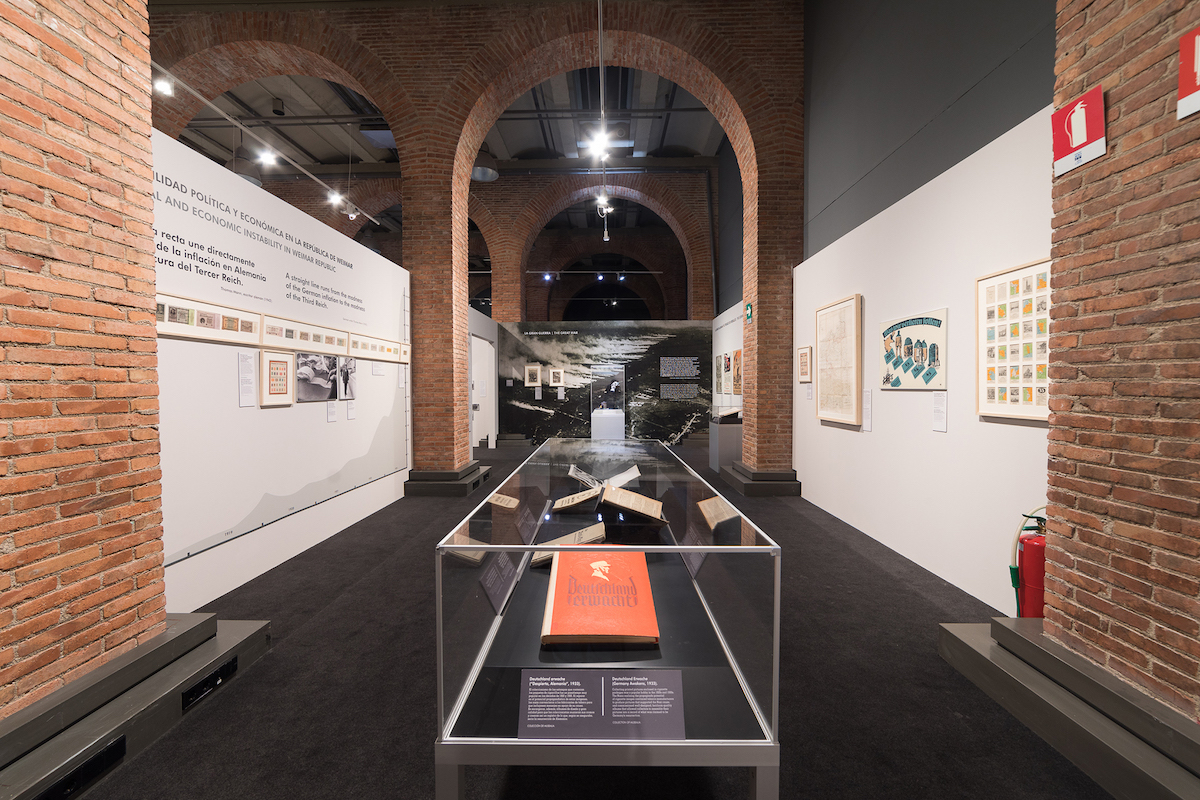
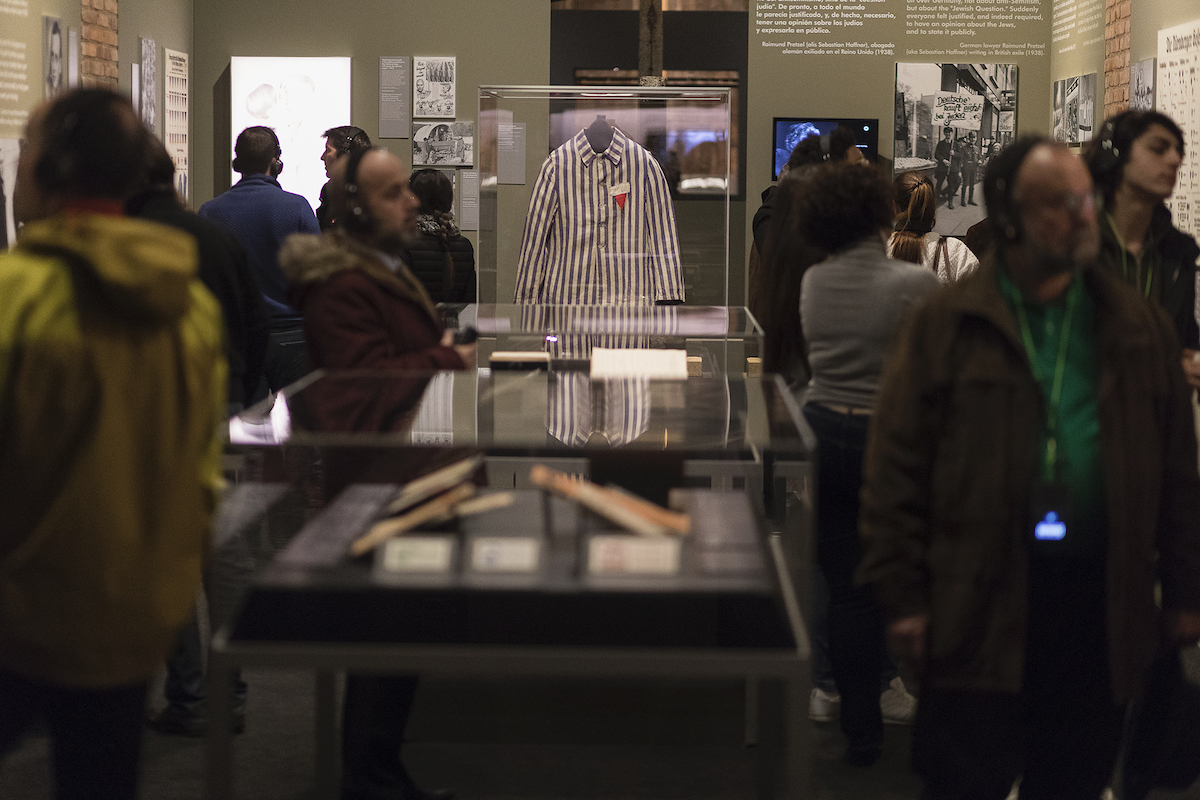
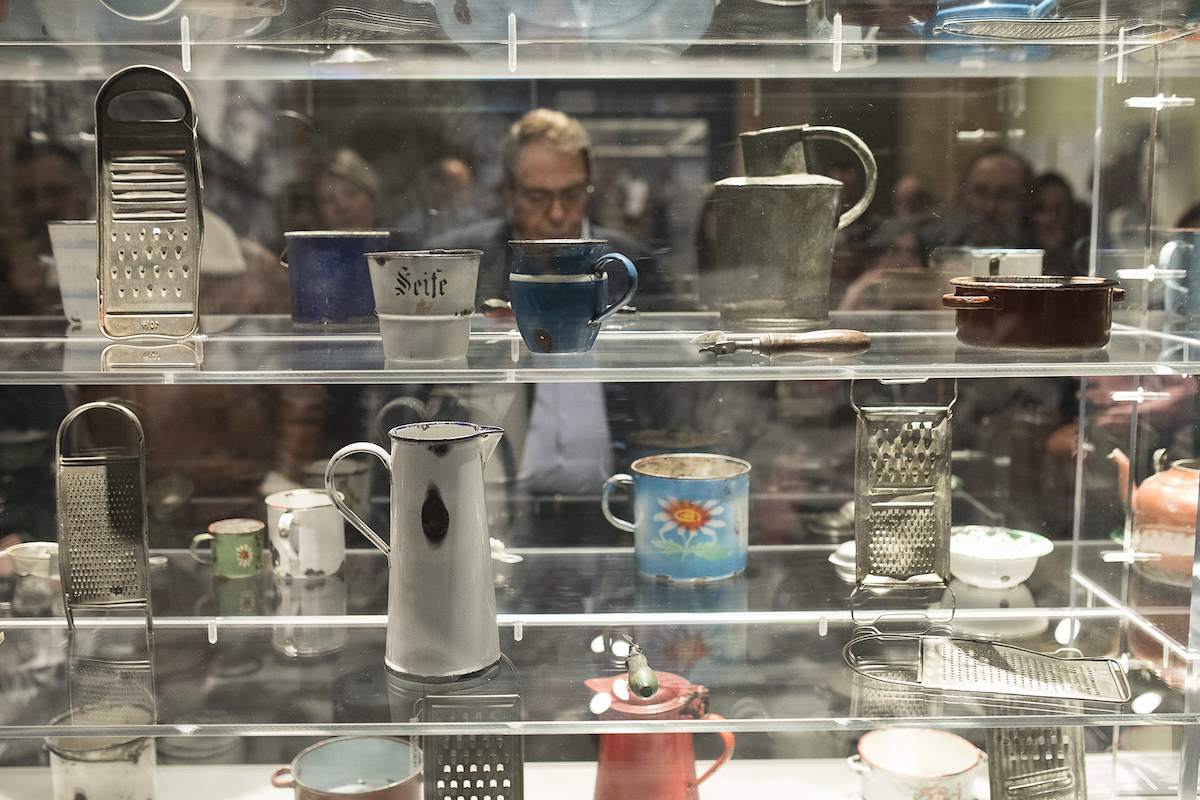
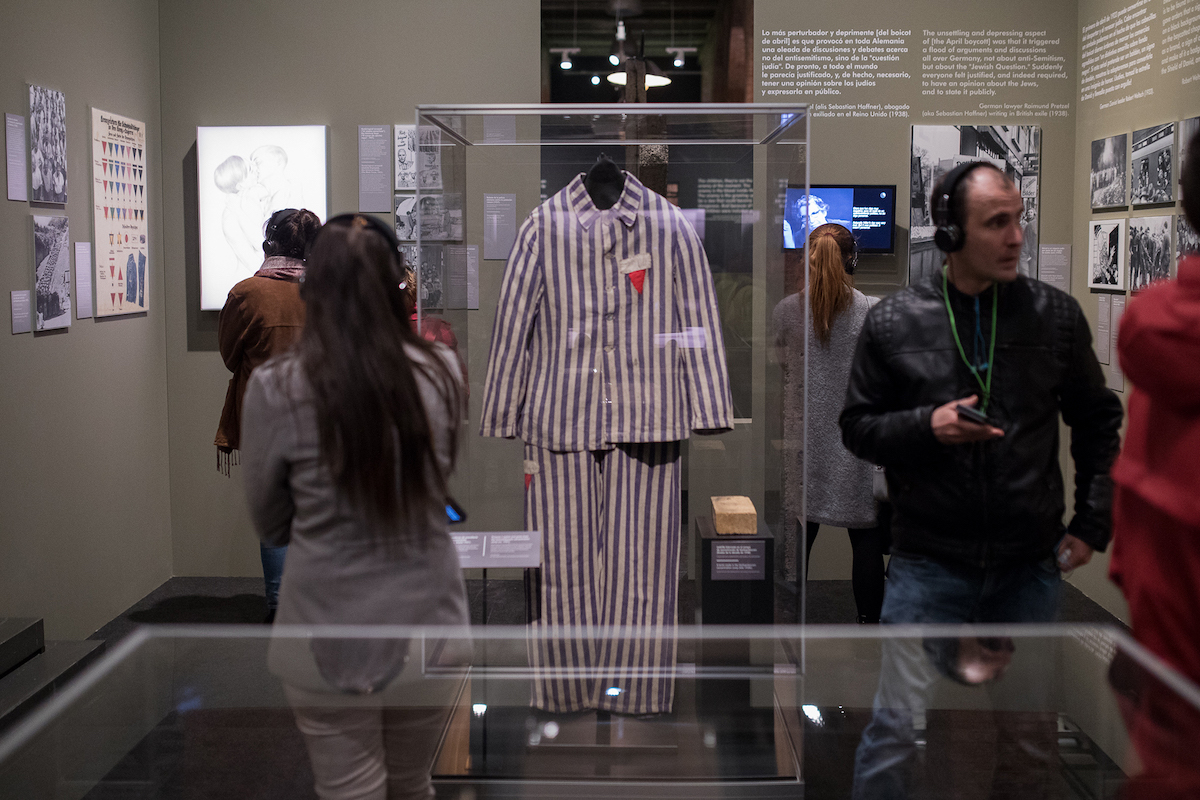
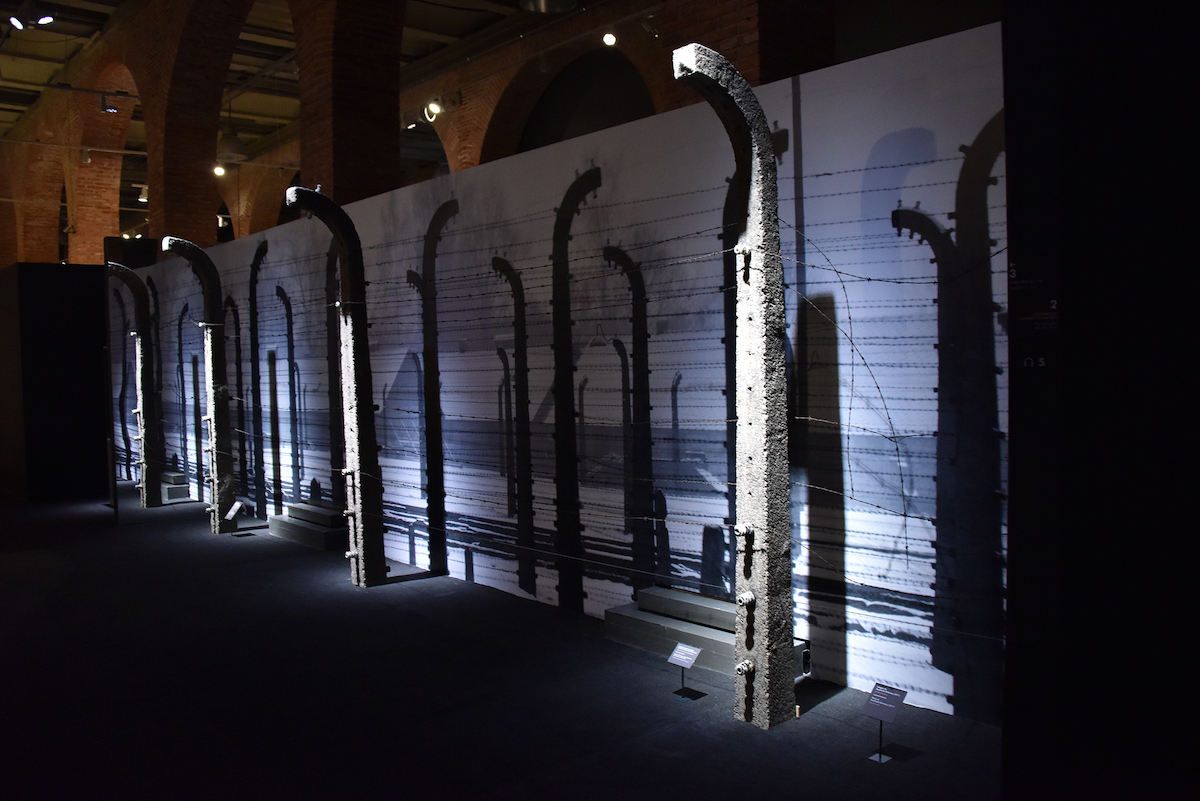
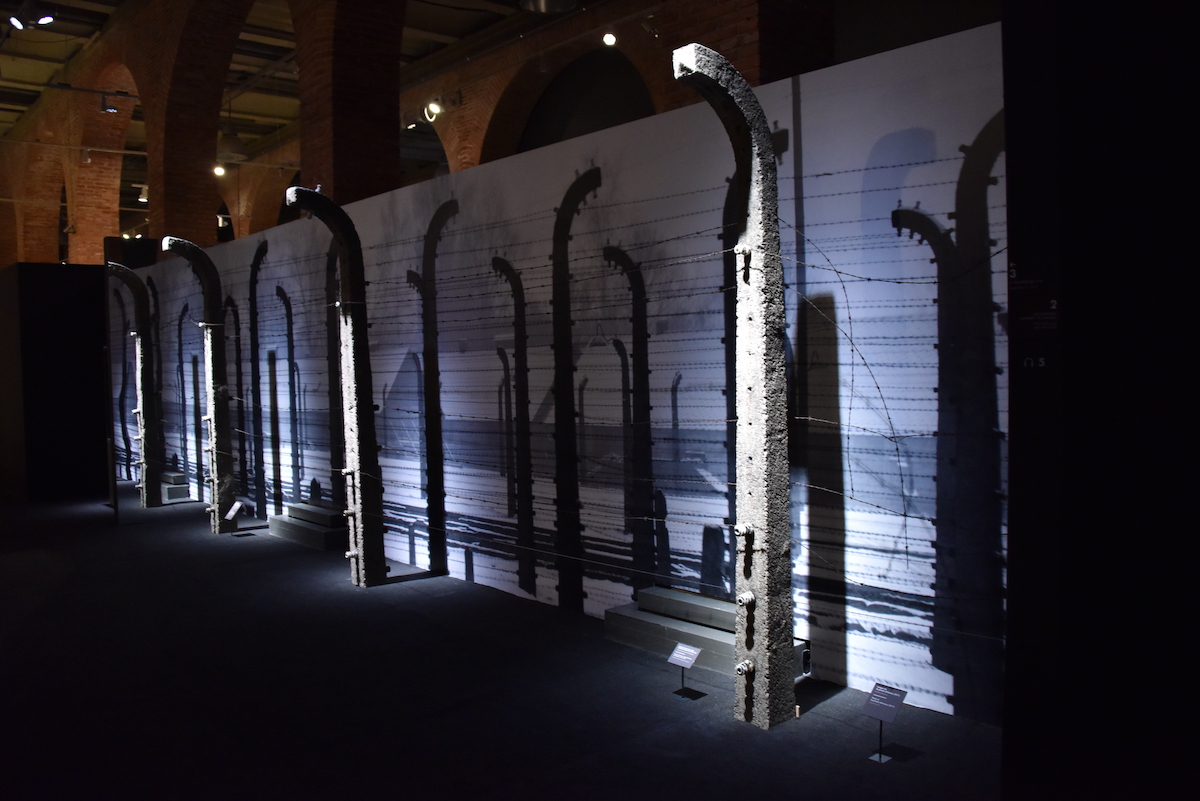
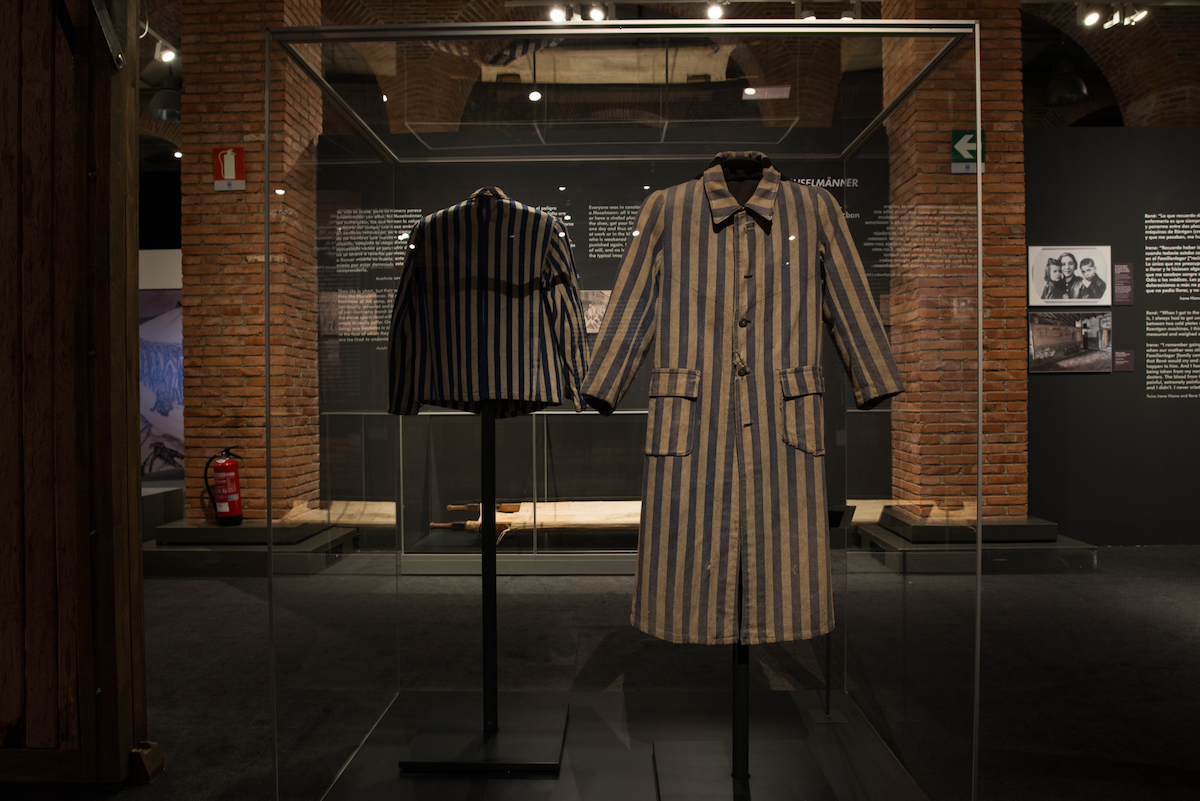
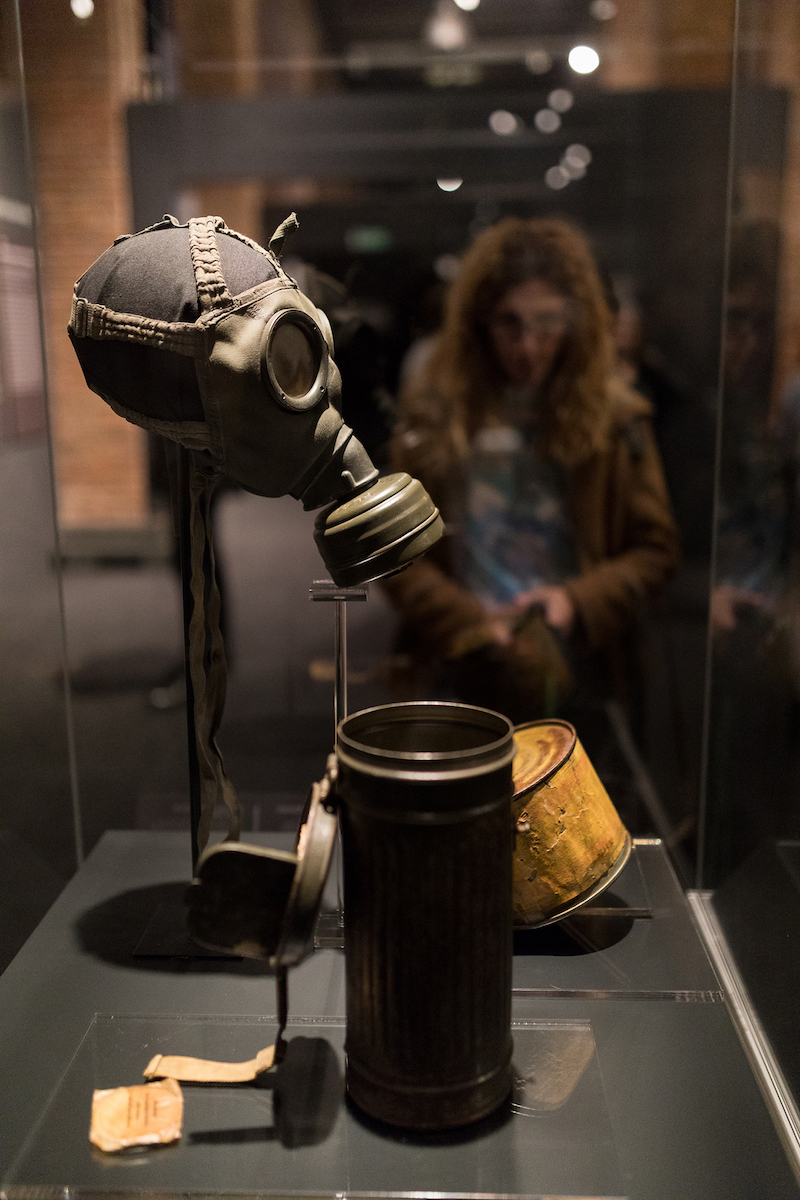
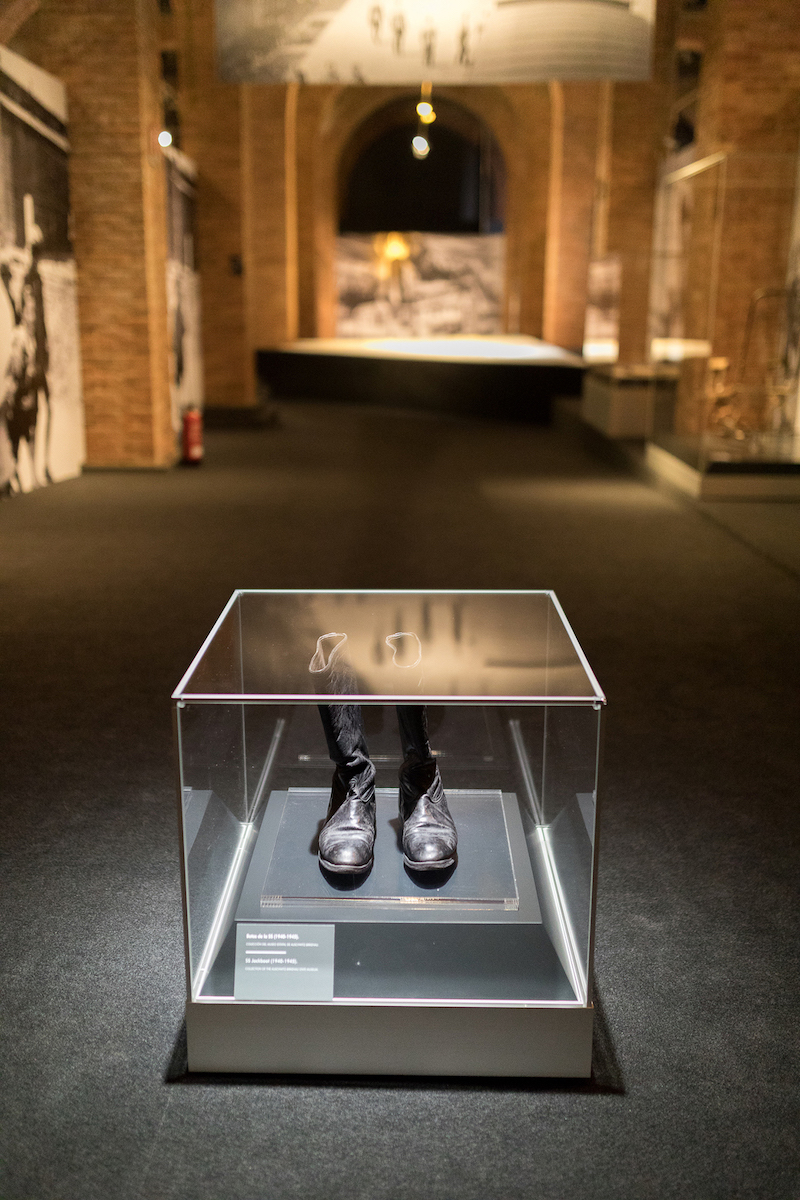
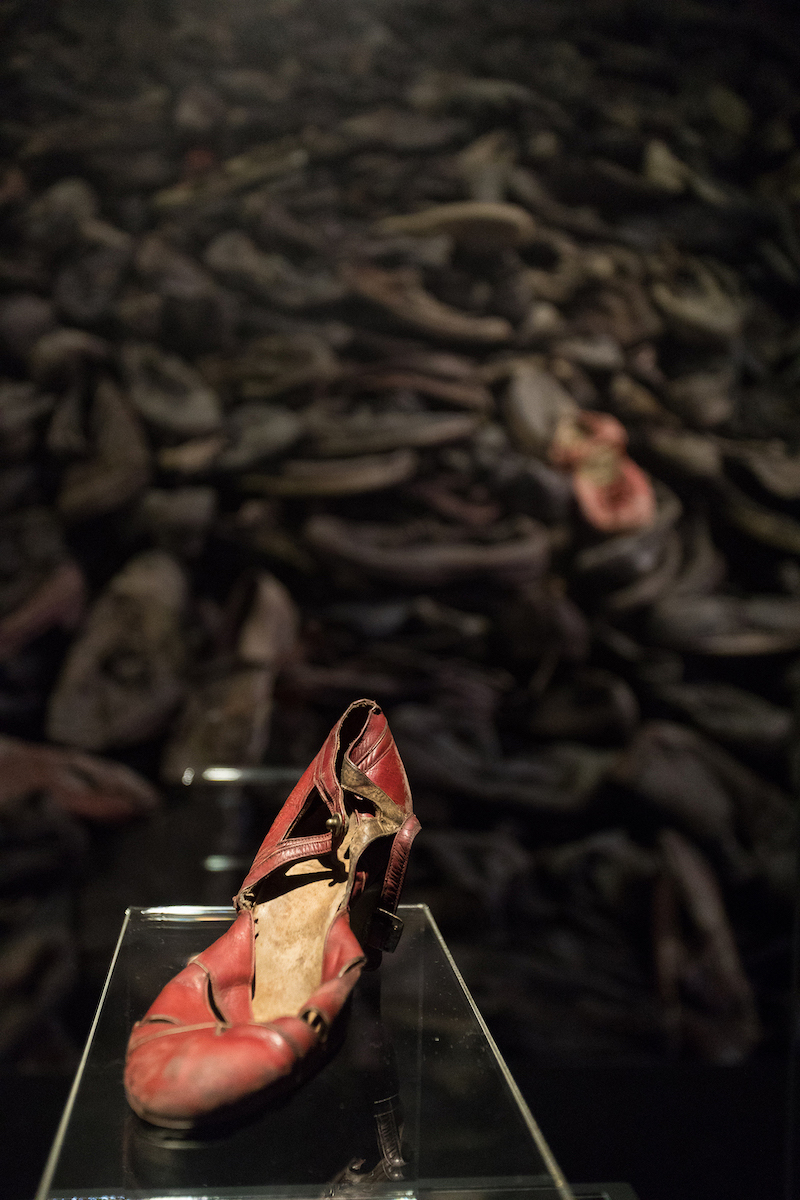
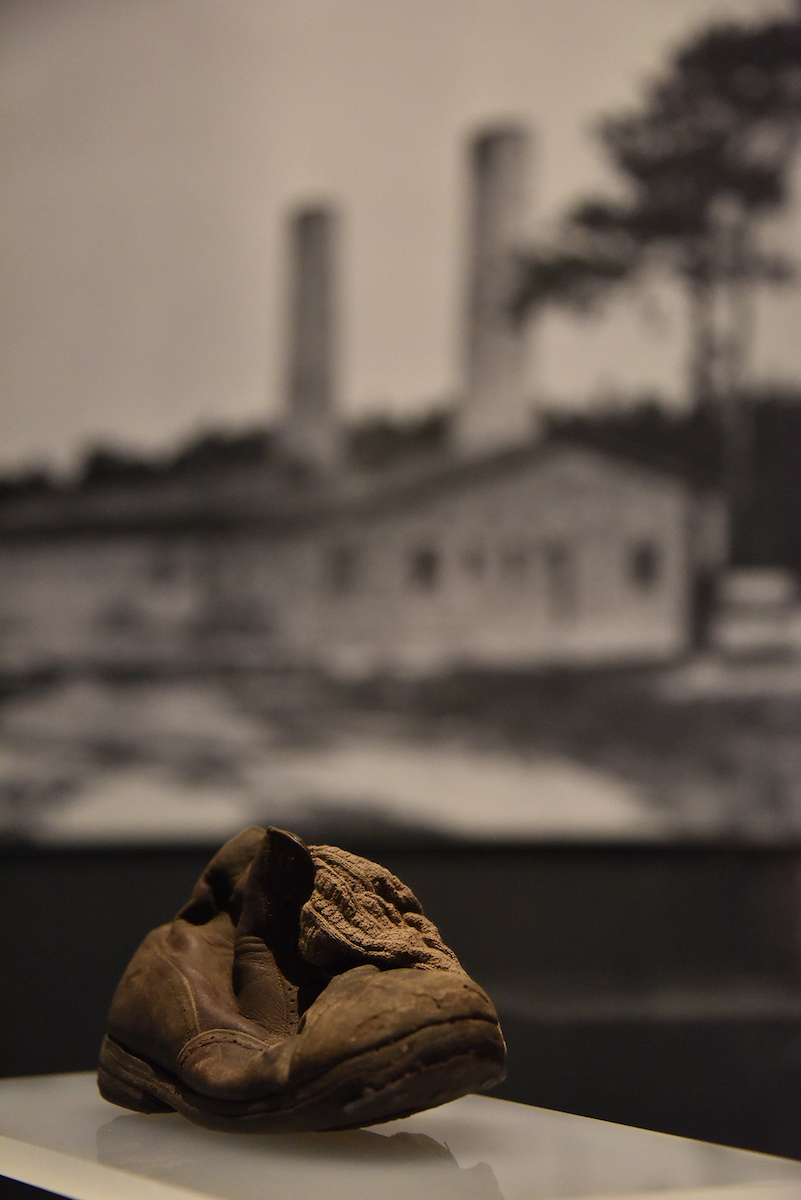
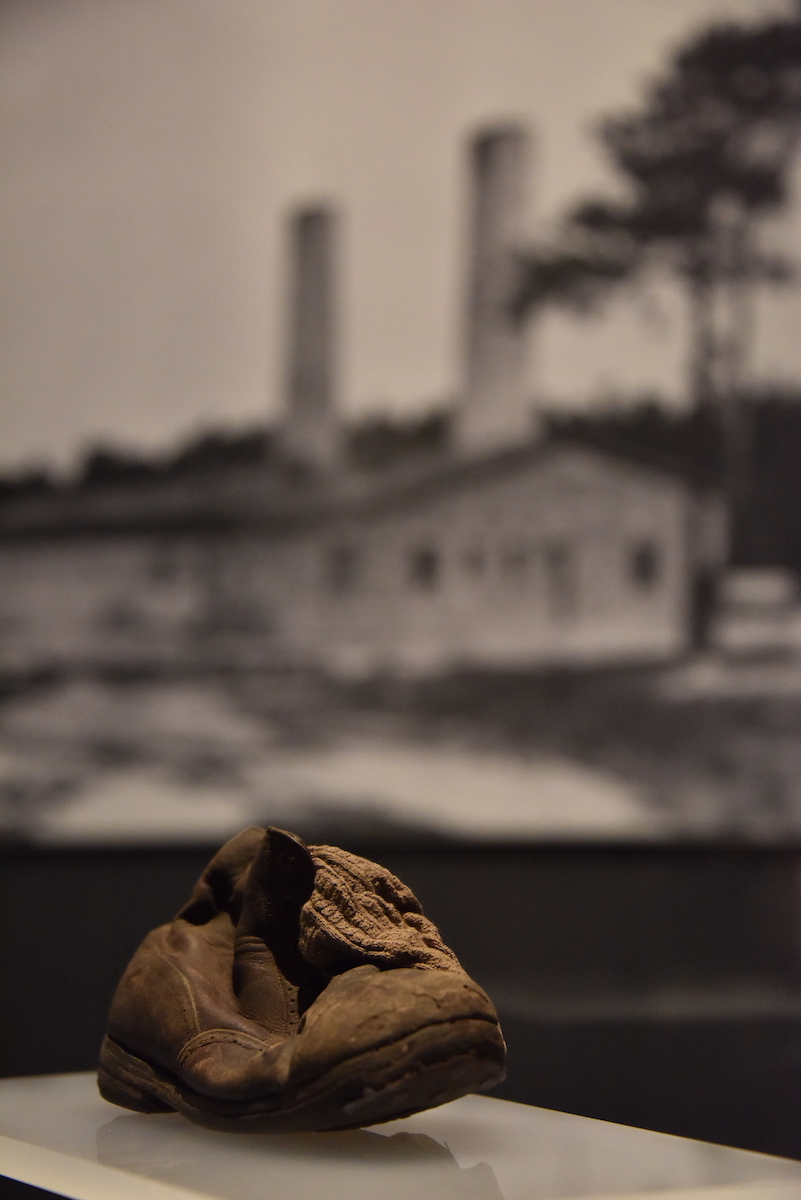
The Exhibition
For the first time, 75 years after the liberation of Auschwitz, a touring exhibition dedicated to the historical significance of the camp is being presented to a U.S. audience.
Auschwitz. Not long ago. Not far away. opening in Kansas City June 2021 after the exhibition closes at New York’s Museum of Jewish Heritage – A Living Memorial to the Holocaust. The exhibition explores the dual identity of the camp as a physical location—the largest documented mass murder site in human history—and as a symbol of the borderless manifestation of hatred and human barbarity.
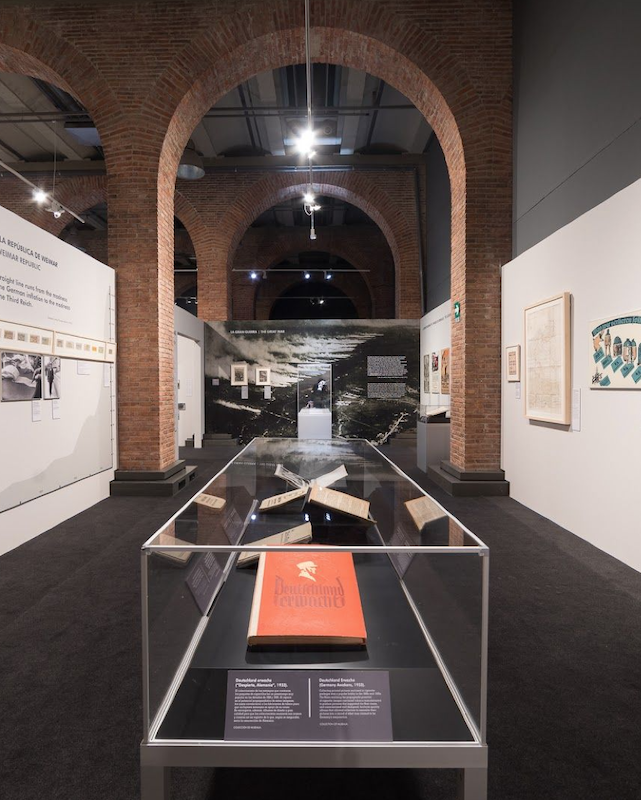
Auschwitz. Not long ago. Not far away. was conceived by Musealia and the Auschwitz-Birkenau State Museum and curated by an international panel of experts, including world-renowned scholars Dr. Robert Jan van Pelt, Dr. Michael Berenbaum, and Paul Salmons, in an unprecedented collaboration with historians and curators at the Research Center at the Auschwitz-Birkenau State Museum, led by Dr. Piotr Setkiewicz.
The exhibition features artifacts and materials—never before seen in North America—on loan from more than 20 institutions and private collections around the world. In addition to the Auschwitz-Birkenau State Museum and the Museum of Jewish Heritage – A Living Memorial to the Holocaust, participating institutions include Yad Vashem in Jerusalem, the United States Holocaust Memorial Museum in Washington, Auschwitz Jewish Center in Oświęcim, the Memorial and Museum Sachsenhausen in Oranienburg, and the Wiener Library for the Study of the Holocaust and Genocide in London.
Special thanks to these supporters for helping bring the Auschwitz Exhibition to Kansas City:
An Exhibition By

Presented By

Supported By
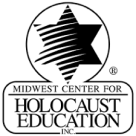
Community Partner
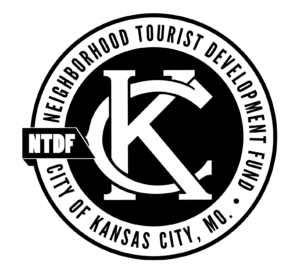
Hotel Partner

Media Partner

In the Press
-
09.15.2020
Most Comprehensive Auschwitz Exhibit in N. America to Open in Kansas City The Jerusalem Post
-
09.15.2020
Auschwitz. Not Long Ago. Not Far Away to be Hosted at Union Station Broadway World Kansas City
-
09.15.2020
'We Must Never Forget': Holocaust Exhibit on Auschwitz Coming to Kansas City Kansas City Star
-
09.15.2020
Union Station Kansas City to Host "Unprecedented" Exhibition on Auschwitz IN Kansas City
-
09.15.2020
Union Station to Host Holocaust Exhibit Displaying 700 Original Artifacts from Auschwitz KMBC
-
09.15.2020
Large, Unique Exhibit on Holocaust Coming to Kansas City's Union Station Next Year FOX4
-
09.15.2020
Union Station Getting Exhibit on Auschwitz Concentration Camp FOX4
-
09.15.2020
Union Station to Host International Tour of Holocaust Exhibit KSHB 41
-
09.16.2020
Union Station to Host Holocaust Exhibit Displaying 700 Original Artifacts from Auschwitz One News Page
-
09.17.2020
‘Auschwitz. Not long ago. Not far away.’ The Kansas City Jewish Chronicle
-
09.18.2020
Union Station Kansas City Final US Stop of International Touring Exhibition on Holocaust and Auschwitz Concentration Camp InPark Magazine
-
09.24.2020
Historic Exhibition Remembering Auschwitz to Open at Union Station The Pitch KC
-
10.05.2020
World's First Auschwitz Traveling Exhibition Opening in 2021 Leisure Group Travel
-
01.27.2021
Union Station commemorates Holocaust Remembrance Day ahead of Auschwitz exhibit Metro Voices
-
05.12.2021
Historic Section of Concrete and Wire Fence Line – from the Infamous Auschwitz-Birkenau Concentration Camp Union Station
-
05.10.2021
Auschwitz artifacts to be installed in Kansas City’s Union Station for WWII exhibit Kansas City Star
-
05.12.2021
Auschwitz concentration camp posts installed at Union Station for upcoming exhibit KSHB 41
-
05.12.2021
First artifact from Auschwitz exhibit installed at Union Station KMBC
- 05.12.2021
-
05.12.2021
First Artifacts Placed For Touring Exhibition 'Auschwitz. Not Long Ago. Not Far Away.' Broadway World
-
05.20.2021
German-Made WWII-era Railway Freight Car Installed at Union Station as part of Auschwitz. Not long ago. Not far away. Union Station
-
05.23.2021
Kansas City summer entertainment guide: At last, music, comedy, festivals and more Kansas City Star
-
05.25.2021
Major Holocaust exhibition coming to Kansas City’s Union Station starting in June St. Louis Jewish Light
-
05.27.2021
Railcar provides stark reminder as Holocaust exhibit comes to Kansas City’s Union Station Trains.com
-
05.30.2021
Confronting Our Past (and Present) in Holocaust Exhibit at Union Station Flatland KC
-
06.02.2021
Union Station’s Auschwitz exhibit and 7 more KC events for June 2021 Kansas City Magazine
-
06.05.2021
CANDLES Holocaust Museum sets Missouri trip to view Auschwitz exhibit Tribune-Star
-
06.08.2021
Auschwitz exhibit goes to only 2 US cities. Here’s how Kansas City became one of them Kansas City Star
- 06.10.2021
-
06.10.2021
‘Auschwitz,’ Union Station’s Most Ambitious Exhibition, Runs Through January CityScene KC
-
06.11.2021
We Have An Exclusive Sneak Preview of Union Station’s “Unprecedented” New Auschwitz Exhibition In Kansas City Magazine
- 06.11.2021
-
06.13.2021
Kansas City Auschwitz exhibit can cure you of dumb, deeply hurtful Nazi comparisons Kansas City Star
-
06.13.2021
As Auschwitz exhibit opens in Kansas City, memories haunt this Holocaust survivor Kansas City Star
-
06.14.2021
Union Station Opens Highly Anticipated, Internationally Awarded Exhibition Auschwitz. Not Long Ago. Not Far Away. Union Station
-
06.14.2021
The Shipping Monster partners with groundbreaking Auschwitz exhibition Blooloop
-
06.14.2021
Nick’s Picks | Auschwitz Exhibit, Police Budget and Medicaid Expansion Top the Agenda Flatland KC
-
06.15.2021
Auschwitz Travelling Exhibit Opens At Kansas City's Union Station Up to Date | KCUR
-
06.15.2021
BWW Feature: AUSCHWITZ - NOT LONG AGO - NOT FAR AWAY at Union Station Broadwayworld
-
06.15.2021
Auschwitz comes to the middle of America, with a powerful warning The Washington Post
-
06.16.2021
Audio: Union Station in Kansas City is hosting a Holocaust exhibition. KTTN
-
06.17.2021
Powerful exhibition “Auschwitz. Not long ago. Not far away.” now open at Union Station in Kansas City Metro Voice
-
06.17.2021
Union Station Tells The Story of Auschwitz Prison in Exhibit 2mas2KC
-
06.18.2021
Auschwitz Exhibit Teaches Children About the Holocaust Flatland KC
-
06.20.2021
12 museum exhibitions worth a summer road trip from Wichita The Wichita Eagle
-
06.21.2021
Auschwitz: Not long ago. Not far away. (ages 12+) - Union Station Kids Out and About
-
06.22.2021
Auschwitz Exhibition at Union Station KC Parent
-
06.22.2021
Auschwitz. Not Long Ago. Not Far Away. Exhibition Interest Sets Record Pace Union Station
-
07.01.2021
Award-Winning Auschwitz Exhibition Comes to Union Station KC Studio
-
07.21.2021
Union Station’s New Auschwitz Exhibition Is Exceeding All Expectations—And Then Some In Kansas City Magazine
-
07.24.2021
Mike Shores: Union Station Exhibition of Auschwitz Must Be Seen The Joplin Globe
-
08.27.2021
Visiting the “Auschwitz. Not long ago. Not far away.” exhibit in Kansas City Wichita By E.B.
-
09.02.2021
Union Station expands hours for popular ‘Auschwitz’ exhibit to meet ticket demand FOX4
-
09.18.2021
'Not long ago, Not far away': KC exhibition goes inside walls, minds of Auschwitz Arkansas Democrat-Gazette
